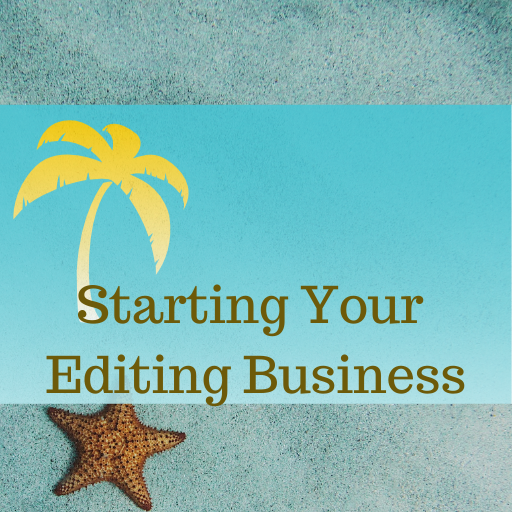Establishing Client Trust (A Cautionary Tale)
A while back I subscribed to a software service that backs up my website. No more than a week later, I got an urgent message from the company saying that I was running out of room for backups and that I needed to upgrade my plan. They threatened that they wouldn’t be able to save new copies of my website so I had to ACT NOW!!!
How Not to Establish Client Trust
I looked into this. The website is about 1 gig, and I had originally purchased 10 gigs of backup. So what the company was doing was just saving a new version of the website every day instead of setting it up so older versions would drop off (most backup services are set to purge old copies automatically). In a week I’d used up about 7 gig of space, in a month I would have used close to 30, etc. If I’d done what the email said and bought more space, in a couple of weeks or months I’d get another email urgently telling me to buy more.
But I don’t need fifty saved versions of the website. It’s not a bad idea to have a few older versions in case the current version somehow gets corrupted, but I don’t need more than a few.
So I fiddled around with the controls and worked out how to make the older copies drop off the backup in order to make room for new copies. Problem solved without requiring an upgrade.
How to Establish Client Trust
Okay, so what does this have to do with running an editing business?
Because it has to do with trust. And our clients are entrusting us with their work. They have to feel we are worthy of that trust.
Do you think that after I got that urgent message telling me to buy an upgrade and not giving me any other options that I feel very much trust for this company?
No, no I do not. The thing is, I’ll find another backup service that’s cheaper and does the work just as well, and then I’ll leave this company. I have no reason to stay. They could just as easily have given the second solution (to have older copies drop off) in the email as well as the first (to purchase an upgrade). And if they’d made an argument for why I might want to purchase an upgrade anyway, I might have listened.
But because they didn’t, and I had to do a lot of extra work to figure out how to solve the problem, my main feeling about this company is “thanks for nothing, you jerks.”
Now, I like to say I’m coin-operated, and I’m a big fan of money, too. But I also have respect for my clients. If a client can’t afford a full developmental edit, I’ll offer a manuscript assessment. If they’re not sure where to start, I’ll point them to some resources. If someone can’t afford a class, I’ll send links to a few good books (some of them may be mine, but some may not, depending).
If people view you as someone who helps them solve problems, instead of as someone whose main goal is to extract their money, they’re more likely to trust you, return to you for additional services, mention you to their friends, and so on. Those are all very important for building a business versus trying to soak one client for as much money as possible.
You notice how I never give the name of the backup company in this post? That’s because I’ll never help spread the word about their services.
I’m not saying you have to rush around doing everything for everyone and for free (I’m also a very big fan of boundaries), I’m just saying that viewing your clients as people rather than pockets is crucial to establishing a solid freelance business.
Join the Club!
New to story editing? Begin at the beginning.



